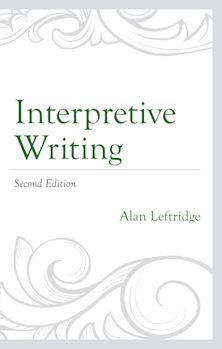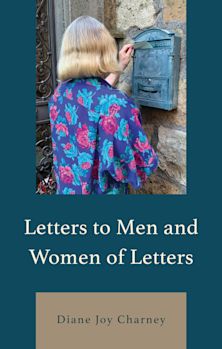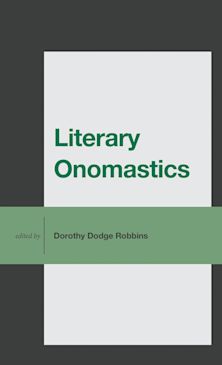- Home
- ACADEMIC
- Linguistics
- Linguistics - Other
- Governing Codes
Governing Codes
Gender, Metaphor, and Political Identity
Governing Codes
Gender, Metaphor, and Political Identity
You must sign in to add this item to your wishlist. Please sign in or create an account
Description
Familiar narratives and simplistic stereotypes frame the representation of women in U.S. politics. Pervasive containment rhetorics, such as the distinction between women as mothers and caregivers and men as rational thinkers, create unique hurdles for any woman seeking public office. While these 'governing codes' generally act to constrain female political power, they can also be harnessed as a resource depending on the particular circumstances (e.g., party affiliation, geographic location and personal style). One of these governing codes, the metaphor, is an especially powerful tool in politics today, particularly for women. By examining the political careers of four of the most prominent and influential women in contemporary U.S. politics_Democrats Ann Richards and Hillary Rodham Clinton and Republicans Christine Todd Whitman and Elizabeth Dole_Karrin Vasby Anderson and Kristina Horn Sheeler illustrate how metaphors in public discourse may be both familiar narratives to embrace and boundaries to overturn.
Table of Contents
Chapter 2 Gender, Metaphor, and Political Identity
Chapter 3 Ann Richards
Chapter 4 Christine Todd Whitman
Chapter 5 Hillary Rodham Clinton
Chapter 6 Elizabeth Dole
Chapter 7 Conclusion: Cracking the Governing Codes
Product details
| Published | Aug 23 2005 |
|---|---|
| Format | Ebook (Epub & Mobi) |
| Edition | 1st |
| Extent | 244 |
| ISBN | 9780739155707 |
| Imprint | Lexington Books |
| Series | Bloomsbury Studies in Political Communication |
| Publisher | Bloomsbury Publishing |
About the contributors
Reviews
-
Governing Codes: Gender, Metaphor, and Political Identity makes a significant scholarly contribution. The depth and breadth of the authors' research is impressive. The prose is engaging and the extensive use of examples insightful. I highly recommend this book to anyone interested in political communication, gender studies, media, and language use.
Molly Mayhead, West Oregon University
-
Focusing on the power of metaphor in the rhetorical construction of political reality, Anderson and Sheeler put the spotlight on gender and politics like no one before.
Martin J. Medhurst, Baylor University
-
Karrin Vasby Anderson and Kristina Horn Sheeler have combined forces to produce a smart, crisply written treatment of metaphor's strategic role in contemporary U.S. politics. They focus on the constitutive uses of language by four strong women, each working to re-articulate and thus turn to her political advantage otherwise negative stereotypes of women in positions of leadership. Ann Richards, Christine Todd Whitman, Elizabeth Dole, and Hillary Rodham Clinton provide rich cases for the authors to probe and critique the nexus of gender, metaphor, and political identity. This is a study not only of cultural constraints but also of rhetorical ingenuity and the enhancement of women's political agency. It confronts head on the troublesome metaphor of sexual containment that has trapped political women in a debilitating double bind. This is a book that will be of immediate interest to scholars and students alike for its accessible insights into rhetorical constraint, ingenuity, and maneuver.
Robert L. Ivie, Indiana University, Bloomington



































